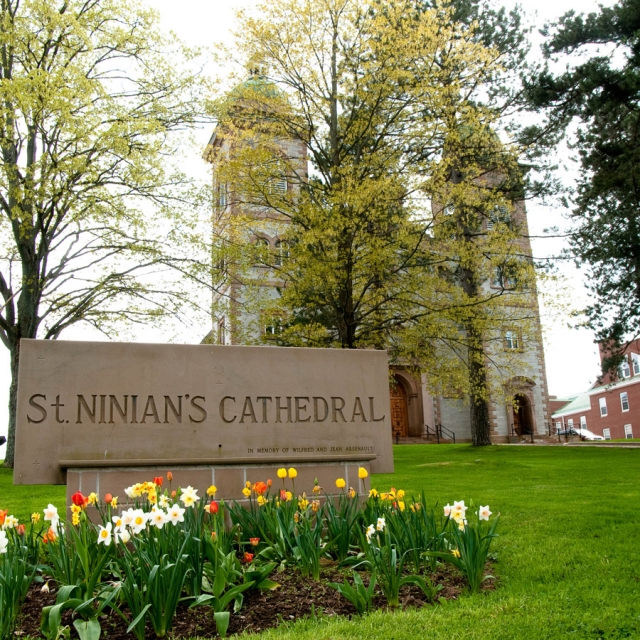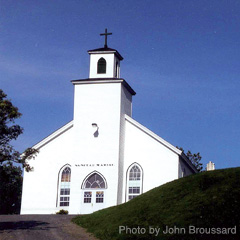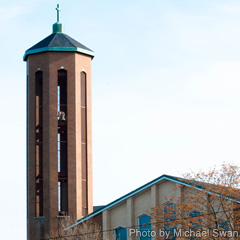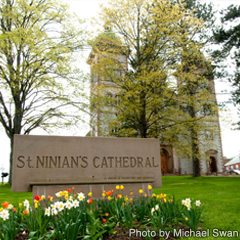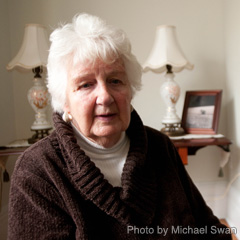“Our bishop Brian, I think there’s a lot of hope for him,” said St. Ninian’s Cathedral parishioner Evelyn Cooke. “But he’s got to listen to us.”
Dunn is more than just a canon lawyer and he hasn’t dedicated his life to reducing Catholic faith to a rule book. For almost 20 years he was a pastor in small-town Newfoundland. He loves the liturgy, and took time out to get a masters in liturgical studies at the University of Notre Dame.
Dunn asked a team from Family Services of Eastern Nova Scotia to go from one end of the diocese to the other in 2010 listening to people’s early reaction to Bishop Raymond Lahey’s arrest. That consultation eventually became a report that Dunn says will form part of a future diocese-wide consultation.
The overwhelming reaction of people was “bereavement,” said team member Terry O’Toole.
“They had lost a friend. They had lost an idol in the Church — not the particular bishop, but the Church the bishop represented,” said O’Toole. “There was a sense of, I would say, feeling marooned.”
People wondered why the Vatican didn’t say much or send anybody.
“There was a disconnect between our reality here and our supposed connection to the Church in Rome,” said O’Toole. “Is what’s going on here of no interest? Or are they not going to pay any attention to it?”
Those aren’t the most dangerous questions or the harshest thoughts people have expressed over the last year. Dunn isn’t interested in telling people how they should feel or tamping down every wayward thought.
“It’s the togetherness we need to work on,” he said.
“The bishop has come twice to our meetings for excellent discussions,” said Sr. Donna Brady of the Sisters of St. Martha.
Dunn says he is humbled by the dedication to the Church demonstrated by Antigonish Catholics. He genuinely appreciates every person who takes the time to talk to him.
“We have lots of people who are very committed to the Church,” he said. Dunn has rejected the idea of a diocesan synod. As a canon lawyer, the bishop knows just how regulated and formal a synod must be. It’s really a process for a mature and stable diocese, not a means to address a crisis. Instead, Dunn wants more informal regional assemblies to set pastoral priorities. For that to work, Antigonish will need pastoral councils in every parish and every deanery.
“This seems more to reach out to people in a general way,” he said.
Nova Scotian’s speak openly about lay responsibility, about taking back the Church and developing an adult faith. Far from discouraging such talk, Dunn wants to help them do it.
Being bishop of Antigonish these days sounds like the hardest job in the Canadian Church, but Dunn calls it “an amazing experience of Grace.” He’s not running away from anybody’s legitimate anger. He shares their sense of betrayal. But rather than dwell on it, he looks at the Catholics of Antigonish and finds reasons to be grateful.
“One of the first things I recognized (when he arrived) was supportive people,” he said. “People support one another. And the Church grows through mutual support.”
| A shattered church seeks faith and hope Nova Scotians recovering from crisis |
||||||
|


